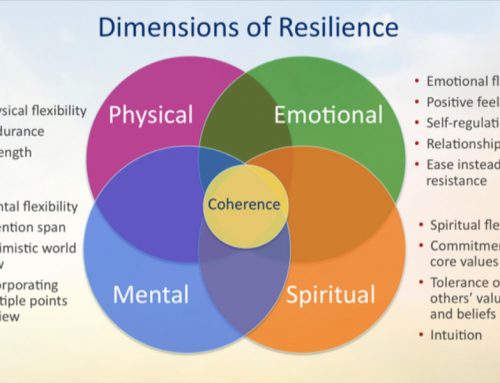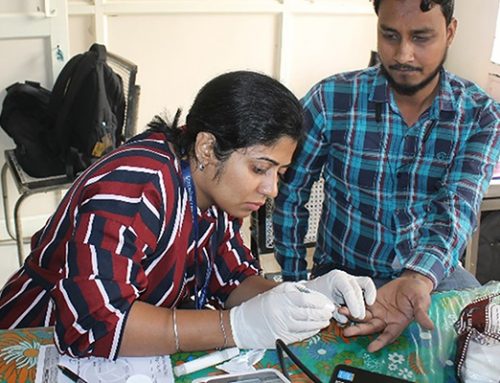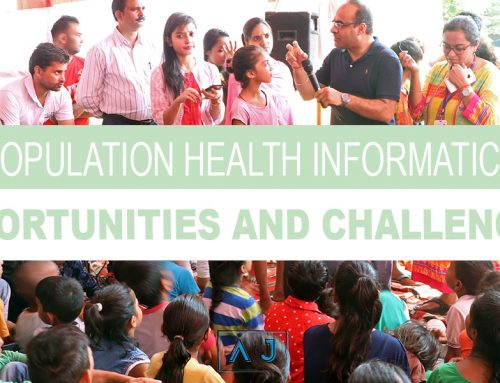Introduction
The consumption of food is significantly shaped by culture, dictating the what and when. Recognizing and comprehending cultural beliefs and customs in the context of nutrition, including dietary habits and sources, is crucial in properly instructing and establishing a connection with patients in the healthcare domain. Particularly, an understanding of commonly preferred protein sources across different cultures is imperative, as protein-rich foods often form a fundamental part of dietary guidance for various ailments like liver disease. To foster cultural sensitivity, healthcare professionals, including clinicians, registered dietitians, and physicians, should familiarize themselves with the specific cultural backgrounds of their patients and their implications for food and nutrition. This knowledge will enable the delivery of culturally sensitive nutrition education tailored to each patient’s cultural background (1).
What is Cultural Sensitivity?
Cultural sensitivity is not a novel concept demanding a radical shift in thinking. Instead, it can be positioned as a matter of human rights or social justice that has either been disregarded or overlooked in light of the fast-paced lifestyle characteristic of modern society.
The essence of cultural sensitivity encompasses the information, comprehension, abilities, and guidelines enabling an individual or institution to deliver services that transcend cultural boundaries in an optimal manner. It allows us to react with consideration and understanding towards individuals of diverse nationalities, social strata, racial backgrounds, faiths, ethnic origins, and other societal groups, acknowledging, confirming, and esteeming their inherent value (2).
Importance of Cultural Sensitivity
Recognizing the significance of cultural sensitivity stems from the understanding that various cultures uphold distinct beliefs regarding the preservation of their well-being. Consequently, there is a need for compassionate and understanding cultural attitudes to facilitate an appropriate approach to interpersonal communication between parties and to effectively evaluate, offer, and expedite necessary healthcare.
In the healthcare sector, the objective of cultural sensitivity is to bridge the gap in communication among healthcare providers and to eradicate biased perspectives concerning different cultural backgrounds. Consequently, the heightened awareness among culturally sensitive practitioners may significantly influence the healthcare decisions they make.
Enhancing accessibility and empathy towards diverse cultural requirements within the healthcare industry not only fosters equity but also extends its impact to all areas of life. Despite the seemingly idealistic nature of integrating cultural sensitivity into healthcare, it’s essential to recognize that this philosophy remains fluid, continuously evolving, and adapting with time. The notion of cultural sensitivity is perpetual, perpetually growing as individuals increasingly embrace and integrate this approach into their daily interactions. Fostering a more inclusive community establishes broader avenues for happiness and prosperity, catering to the needs and aspirations of a wider population rather than just a select few (2).
Role of Cultural Sensitivity in Nutrition Informatics
Integrating cultural sensitivity into the healthcare domain enhances the capability to effectively engage with diverse communities and ensures an impartial approach to healthcare, thereby fostering improved services and extending outreach to a wider population. The notion of efficiency in healthcare is multifaceted, particularly concerning the delivery of diagnosis, care, and treatment. Here, efficiency pertains to the quality of interactions between patients and healthcare providers, where the outcomes can manifest as positive, negative, or dissatisfactory experiences, significantly impacting the health conditions of various groups.
Comprehending and embracing the principles of cultural sensitivity facilitates commendable and compassionate endeavours to meet people’s requirements. The implementation of this principle fosters a non-judgmental approach to care, leading to the development of healthier lifestyle interventions and choices (2).
Strategies Adapted for Diverse Populations
- According to a research study, to tackle the rising issue of obesity within South Asian communities, it is vital to implement strategies that are culturally attuned. Placing a strong emphasis on managing obesity from an early age is crucial, particularly considering the growing instances of childhood obesity and excess weight. Although this poses a challenge for governments and healthcare providers, investing in proactive measures holds the promise of substantial, long-term health advantages. It is essential to incorporate cost-efficient interventions that are customized to the local environment, ensuring that there are tangible outcomes in reducing weight. These measures are not only crucial for reducing the risks of cardiovascular disease (CVD) within South Asian populations but also for providing valuable insights that can be applied to similar groups worldwide (3).
- During a research project conducted in Kenya, integrating cultural sensitivity into the intervention played a fundamental role in the observed enhancements in knowledge about diabetes, perceived susceptibility, advantages, and self-confidence. The importance of customized strategies in aligning with the cultural context for the communication and management of Type 2 Diabetes (T2D) cannot be emphasized enough. Empowering individuals through educational initiatives that are sensitive to their cultural backgrounds is crucial for effectively reducing the prevalence and impact of T2D across diverse communities. A comprehensive comprehension of cultural intricacies, combined with theory-driven approaches, formed the basis of the intervention’s success in improving dietary habits and overall health consciousness. As a result, forthcoming efforts in health interventions based in communities should prioritize an approach that respects cultural diversity, ensuring that health education initiatives are tailored to meet the specific requirements of the target demographic. This includes the utilization of culturally appropriate content, as well as the integration of strategies for those with lower health literacy to improve accessibility and understanding. Furthermore, extending the duration of the intervention is recommended to assess the longevity of behavioral changes, thereby establishing the long-term effectiveness of these customized health initiatives (4).
Conclusion
Fundamentally, cultural sensitivity represents more than just an abstract concept; it holds the potential to bring about a significant transformation in the healthcare sector. Its application in the realm of nutrition plays a crucial role in fostering an all-encompassing and individualized approach to providing healthcare services. By acknowledging and catering to the diverse cultural standpoints of patients, medical professionals can establish stronger connections and build trust, ensuring more effective and impartial healthcare results. Integrating cultural sensitivity as a fundamental element in nutrition informatics tactics can dismantle existing obstacles, ensure equal access to high-quality medical assistance, and establish a new benchmark for exceptional healthcare standards that go beyond cultural confines. It is through these adaptable approaches that the aspiration for comprehensive and fair healthcare for everyone, regardless of their cultural heritage, can be achieved (1, 2).
References
- Nemec K. (2020). Cultural Awareness of Eating Patterns in the Health Care Setting. Clinical liver disease, 16(5), 204–207. https://doi.org/10.1002/cld.1019
- Dell’Osso, D. (2016). Cultural Sensitivity in Healthcare: The New Modern Day Medicine. https://doi.org/10.33015/dominican.edu/2016.HCS.ST.02
- Prasad, D. S., Kabir, Z., Dash, A. K., & Das, B. C. (2011). Abdominal obesity, an independent cardiovascular risk factor in Indian subcontinent: A clinico epidemiological evidence summary. Journal of cardiovascular disease research, 2(4), 199–205. https://doi.org/10.4103/0975-3583.89803
- Githinji, P., Dawson, J. A., Appiah, D., & Rethorst, C. D. (2022). A Culturally Sensitive and Theory-Based Intervention on Prevention and Management of Diabetes: A Cluster Randomized Control Trial. Nutrients, 14(23), 5126. https://pubmed.ncbi.nlm.nih.gov/36501157/
Written by
Ashish Joshi1, Pooja Murjani2, Janhvi Sahai3
- Dean and Distinguished University Professor at School of Public Health, University of Memphis, TN, USA
- Nutrition Informatics Fellow, Foundation of Healthcare Technologies Society, New Delhi, India
- v-INSPIRE Intern, Foundation of Healthcare Technologies Society, New Delhi, India















Leave A Comment